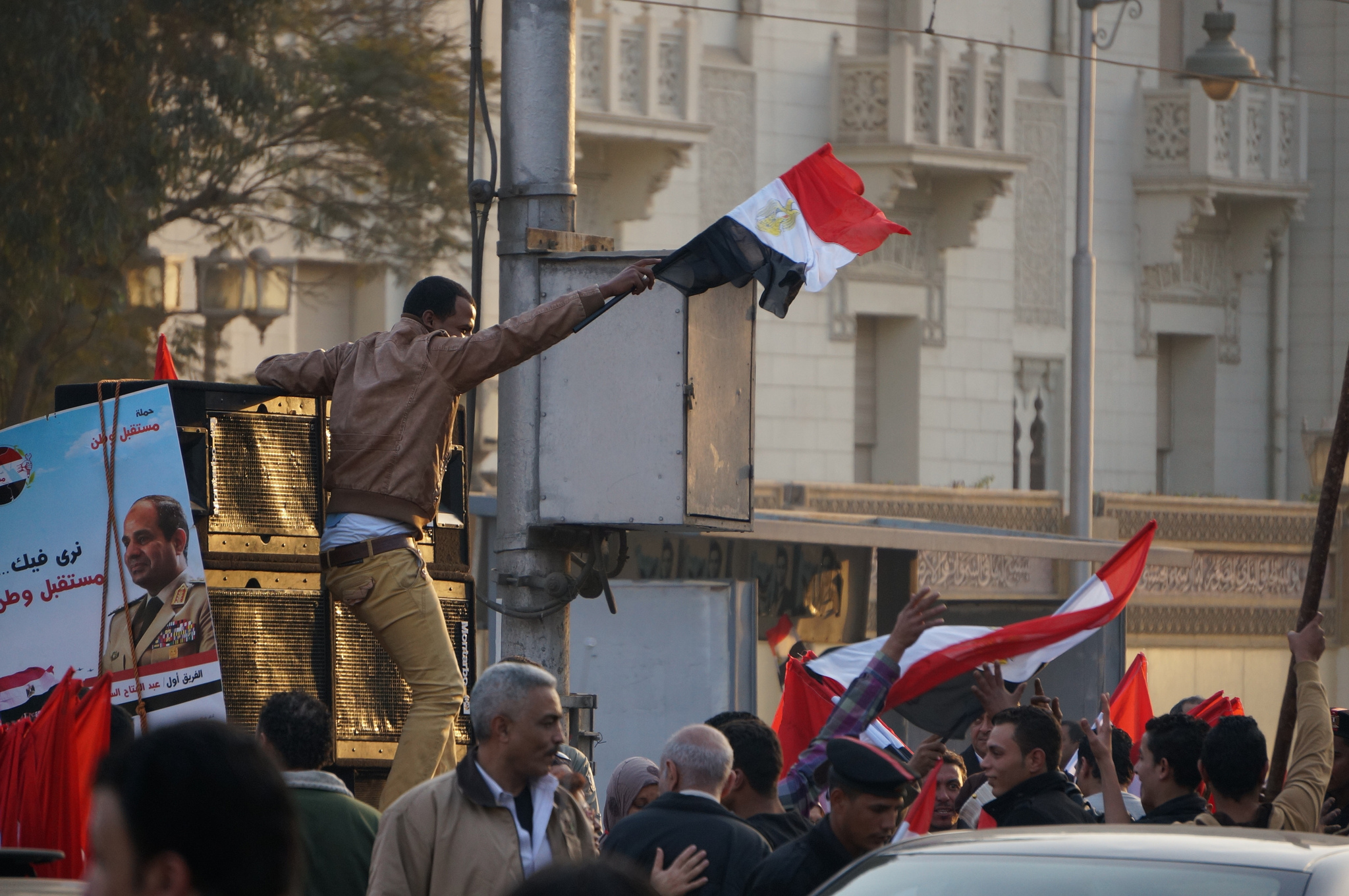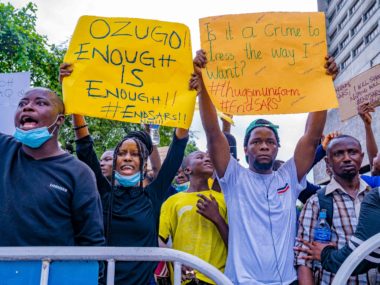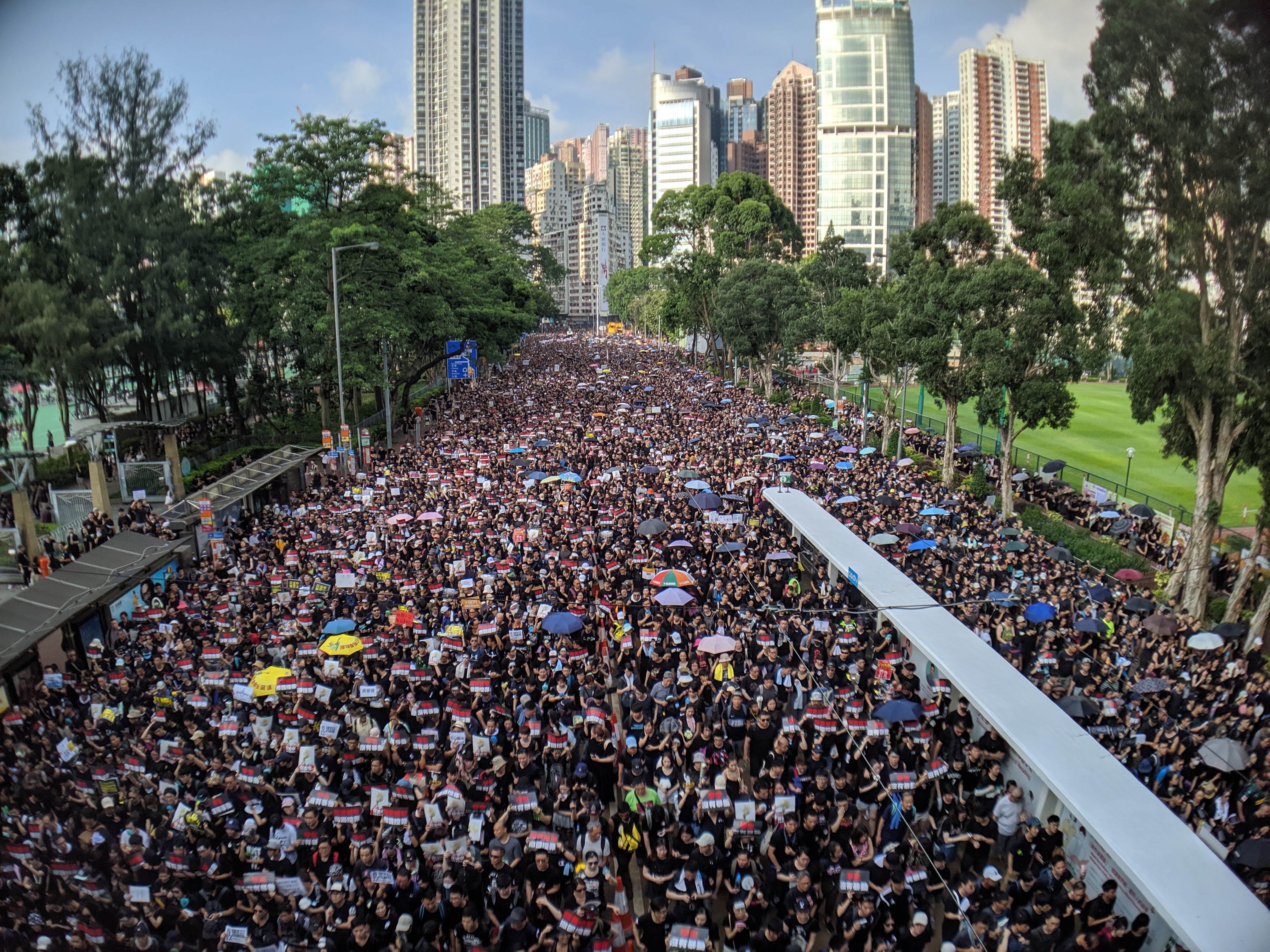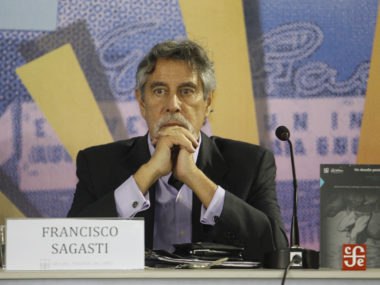By Dawn Brancati and Shimaa Hatab.
On March 26-28, Egypt will hold its third presidential elections since the Arab Spring protests dislodged Hosni Mubarak from power after almost 30 years of uninterrupted rule. Unfortunately, these elections are as undemocratic as the first multiparty presidential elections held in Egypt in 2005, which Mubarak won with 89% of the vote. President Al-Sisi faces only one challenger, whose party has actually endorsed Al-Sisi, with the rest of the field having been intimidated into dropping out of the race or arbitrarily arrested so that they cannot run. Yet, these developments have been met with only very minor popular protests, raising an important question:
Why has Egypt failed to democratize after a brief opening following the Arab Spring protests, and why has the public seemingly relented on its demand for democracy?
The question is particularly interesting since research shows that democracy protests are significantly associated with democratic reforms. Between 1989 and 2011, governments made concessions to slightly more than 25% of democracy protests, and almost as many democratic transitions in this period were preceded by democracy protests.
The Egyptian protests also fit many of the criteria that have been shown to be associated with successful protests. First, the protests were large, with as many as a million people filling Tahrir Square at the their peak. Second, they were sustained, with large-scale protests occurring in 2012 against a decree expanding presidential authority, and again in 2013, against the Muslim Brotherhood’s failed governance. Third, the tactics that protesters used were initially non-violent. However, as the protests wore on, the protesters turned violent, as during the Ittihadiya protests against the presidential decree.
Moreover, research shows that military regimes are more fragile and more likely to transition to democracy than other types of authoritarian regimes. Under Mubarak, Egypt was not a pure military regime since Mubarak ruled Egypt under the auspices of the dominant National Democratic Party. However, the military did still significantly constrain Mubarak’s authority and possessed significant autonomy from the government.
So why hasn’t the public continued to challenge the military’s authority and press for reforms?
In short, Egyptian authorities have avoided a transition and dampened the public’s desire for democracy by instilling fear regarding political instability and national security, while also playing to the country’s secular-Islamist divide. When Al-Sisi assumed power in 2013, he depicted the military institution as the only arbitrator and viable alternative to the rival political forces, and asked for a popular mandate to fight terrorists. He repressed the democratic idiom of 2011 and replaced it with haybat al-dawla (awe of the state), in order to justify his harsh crackdown of the Brotherhood’s supporters and the detention of any political opponents trying to mobilize against him.
Recently, Al-Sisi revamped the ‘war on terror’ discourse and launched his ‘Comprehensive Operation Sinai 2018’ amidst great fanfare with the avowed purpose of ‘clearing terrorist pits from the areas in which they are found’. Al-Sisi also renewed trials against members of the Muslim Brotherhood for terrorism, and used the threat of terrorism to eliminate challengers to his rule in the March presidential elections.
The military’s patriotic proclamations have been embraced by the vast majority of people as a source of emotional security and national salvation against the backdrop of regional chaos (i.e. civil war in Syria and state failure in Libya and Yemen). The exposure to unusually high levels of anxiety and insecurity have increased support for authoritarianism and triggered a significant backlash against democracy.
The likelihood of a democratic transition in Egypt in the near future is slim. However, Al-Sisi’s rule is not foregone, as his administration remains unable to quell insurgent groups in the Sinai and provide real solutions to Egypt’s persistent economic problems.
Dawn Brancati is a regular contributor at PV@G. Shimaa Hatab is an Assistant Professor in the Department of Political Science at Cairo University.







